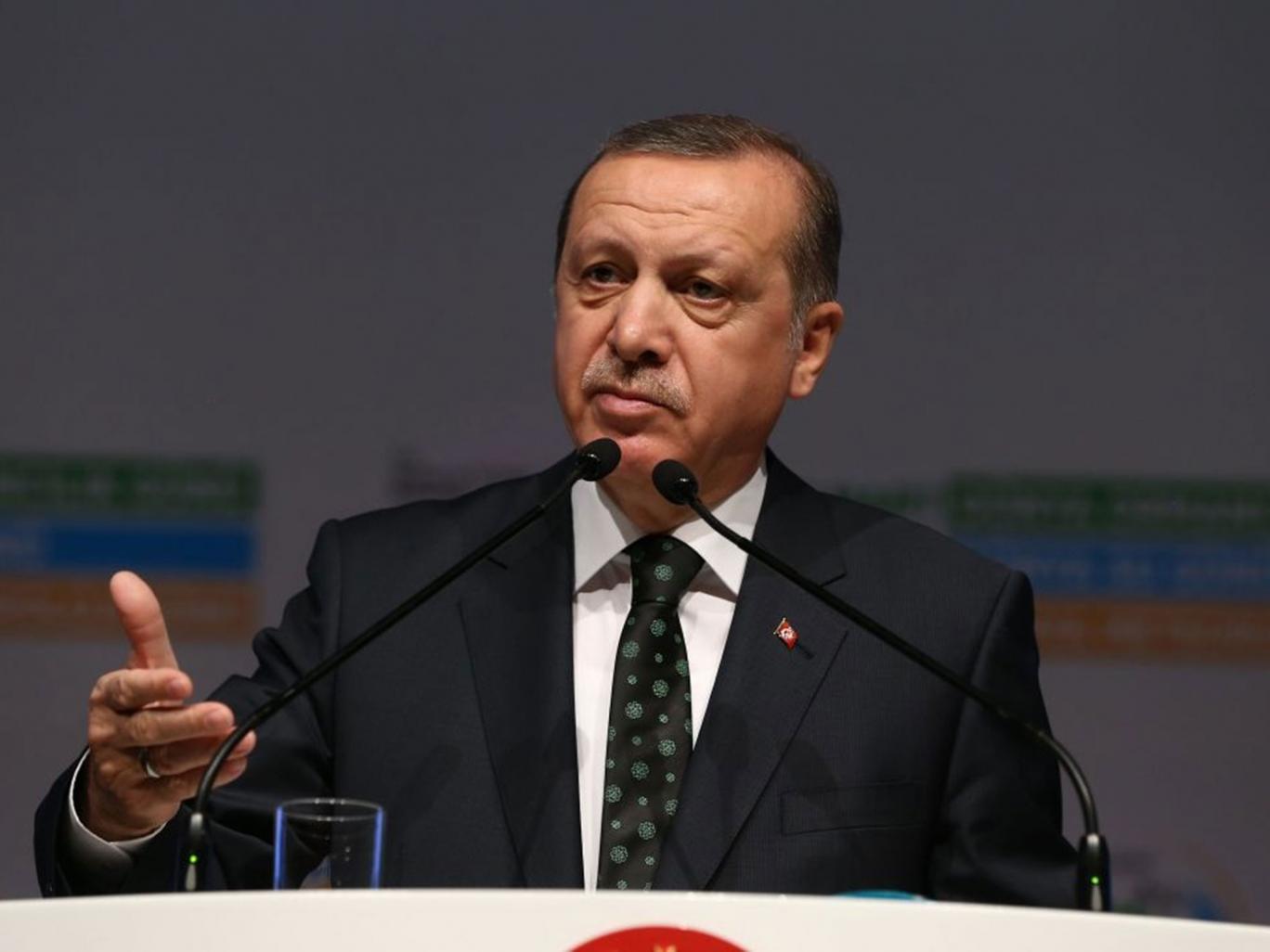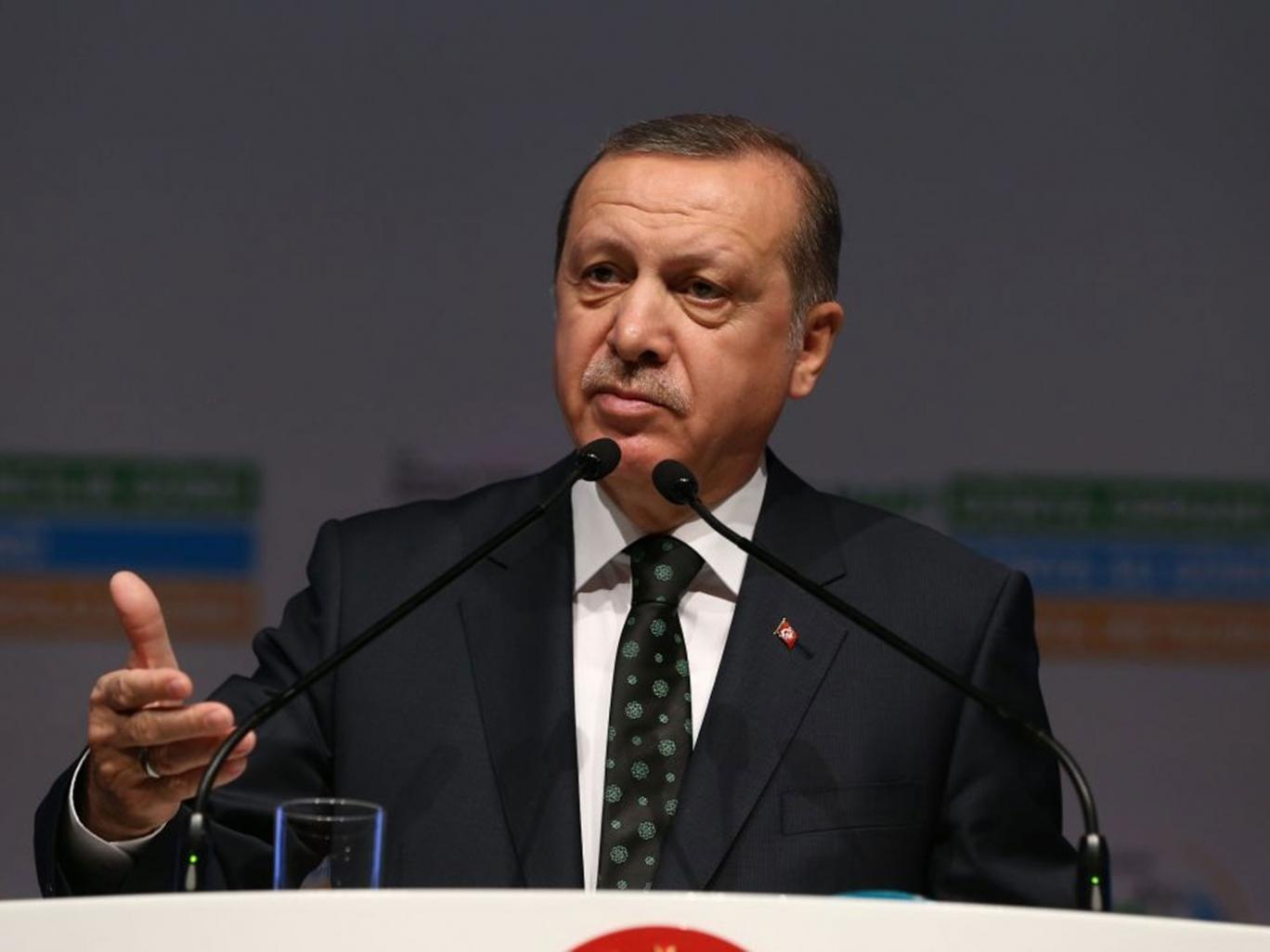Turkey’s President Recep Tayyip Erdogan hit back his critics in Europe and renewed his endorsement of the death penalty for coup plotters and for those who have been arrested in the aftermath of the failed coup attempt on July 15.
Erdogan’s broaching of the subject of the reintroduction of the death sentence, which was abolished by Turkish Parliament in 2004, has raised eyebrows in Brussels as European diplomats warned Ankara about consequences of such move for Turkey’s aspiration to become EU member.
The president, speaking to representatives of non-governmental organizations and associations in the central province of Konya on Friday, appeared to be unfazed and unconcerned about such warnings, again struck a defiant tone.
“When I say I support death sentence because people want it, then some voices come from Europe,” he said, adding that he would approve a legislation enacted by Parliament that brings back the capital punishment.
In line with EU reforms, Turkey removed the death penalty from Turkish criminal penal code on July 14, in 2004, with Article No: 5218, which regulates severe penalties for serious crimes such organized violence, terrorist activities, treason to state and attempting to dismantle constitutional order.
The death sentence has not been carried out since 1984 although dozens of convicted criminals were subjected to that punishment, including Kurdistan Workers’ Party (PKK) leader Abdullah Ocalan. The PKK leader was sentenced to death after a trial in summer of 1999, but the sentence later was turned into life in prison when Ankara abolished the death penalty.
He currently serves his jail term in a highly-guarded island prison in the middle of Marmara Sea.
While many thought the issue was consigned to the dustbin of history, the abortive but bloody coup attempt this summer changed all calculations. When people flocked to the street to protest the putschists and the attempt, they also demanded death penalty for coup plotters. They chanted slogans asking for the penalty to be reinstated.
There Erdogan responded positively to the public demand.
Erdogan then said he would consider to approve and sign if Parliament passes a new legislation bringing back the death penalty.
“The EU recalls that the unequivocal rejection of the death penalty is an essential element of the union acquis,” ministers said, referring to the body of EU law that underpins the bloc, Reuters reported on July 18, three days after the attempted coup.
German Foreign Minister Frank-Walter Steinmeier warned that reintroduction of the death penalty would end EU negotiations with Turkey. EU Foreign Policy Chief Federica Mogherini joined others and said no country that has capital punishment could become an EU member.
In Konya, Erdogan dismissed all warnings, sticking to his own path regardless of its implications for Turkey-EU relations.




















